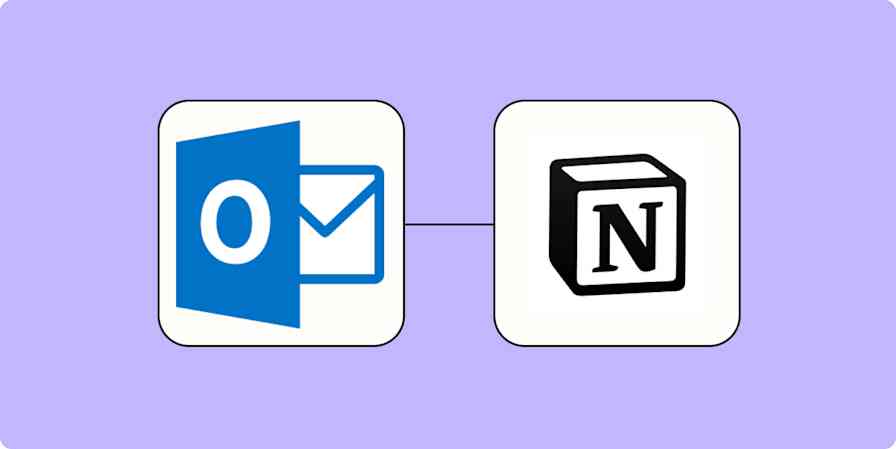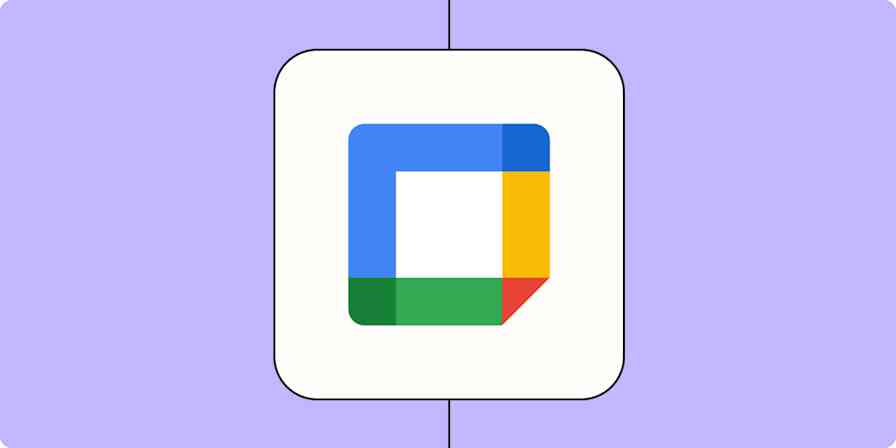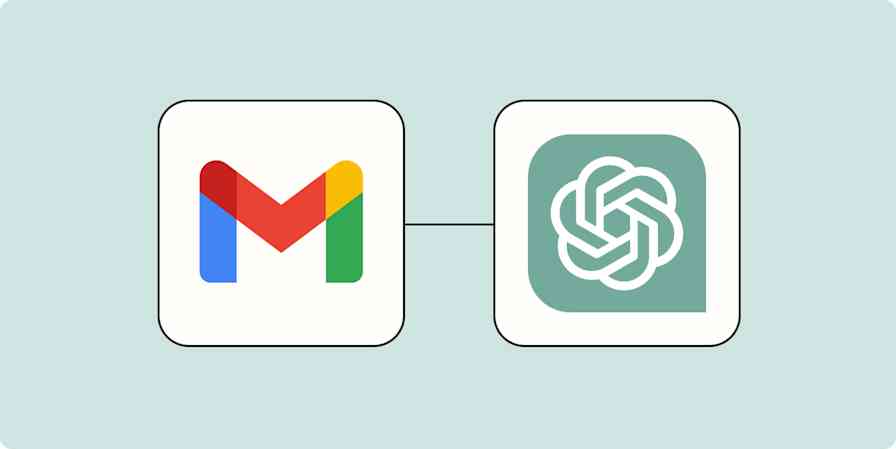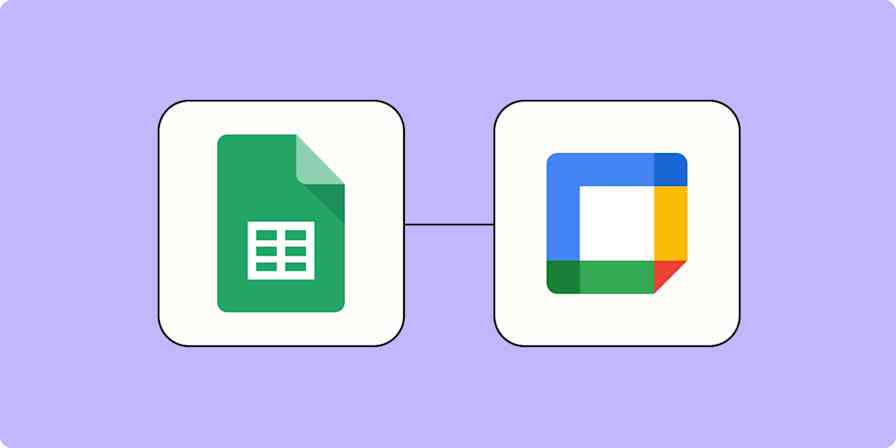This was a presentation at Zapier's AI Showcase in May 2024. You can read the transcript from the presentation below. Want to learn more about AI and Zapier? Watch the full AI Showcase, plus learn more about Zapier's AI products and features.
Hey everyone. My name's Pete Huang. I'm the co-founder of The Neuron, the leading newsletter and podcast on AI. You can find us @theneurondaily.com or by searching "The Neuron" wherever you get your podcast.
We're in the news business. Every day we need to make sure we're on top of the latest news in AI and sharing out the most relevant pieces to our audience. So we've built some tooling in-house that automatically posts a running feed of news into our Slack, plus an AI-driven evaluation of how much we should be digging into the topic.
This helps us stay up to date faster by turning the news from something where we have to proactively push to find everything into something that's a little bit more passive for us. We can sit back and watch machines do a lot more of the work.
So come along. Let me show you what it is in Zapier and we can take a look together.
So the core of the Zapier workflow is in three steps. First, we take the trigger called New Item in Feed in RSS by Zapier. Most media publications will have an RSS feed that turns their content into something that machines can read. And every time they publish a story, that feed also updates, which will trigger this first step here.
Then we pass that news item into Anthropic Claude to evaluate and write the response. And then finally, we post all of this into Slack.
So let's say we're trying to build this news workflow for a team that's trying to stay on top of news in big tech, and you're specifically looking to make investment decisions based on these news items.
So let's go ahead and jump into this first item, the RSS feed. You can see here that I've set it up to link to the RSS feed of The Verge, which is one of my favorite general tech publications.
I found this link just by Googling "RSS Feed The Verge."
The next step is the core of the logic here, which is the Send Message in Anthropic step. So let's take a look at the prompt that I set up here. First, I'll give it some context into what I'm doing, which is writing a newsletter that informs investors about the latest developments in technology.
Then I specify three things that I know my target audience cares about here. Here, it's financial results, key developments, and trends. And then I add in here, only do this for big tech companies that appear in the S&P 500.
And then finally, I tell it to score it. So I tell it to score each news item on each of the three dimensions from not relevant at all to very relevant. And then finally, write a slack message with all that output. At the very bottom, what I put in is the information from the first step.
Now, a few things to note. First, I like to use Claude because it's just good. And that's what we use for our own tools. You can use GPT-4, it'll probably give you the same outcomes.
And then second, when you score something using a prompt like this, it'll often be better to have it score using words rather than a number scale. And that's because these models are built around words, not math. You probably wouldn't encounter serious issues if you did use numbers, but it's just at some point these models were definitely better at words than math. So this is just to be safe.
And then finally, you'll notice these tags herem these item tags. This is specific to Claude. You can use these tags to clearly delineate what text refers to what. So when the prompt says, here's a news item, these tags help it understand where the news item starts and ends.
And then the last step here is a simple one. Just go ahead and put this in Slack. Just dump the results in here.
So let's go ahead and flip over to Slack and see the output. So this is what the final message looks like in Slack. It has three dimensions I outlined along with an interpretation of the news item against the dimension, and then it keeps the link and the content if you want to dig in further.
So there you go. That's a basic version of the news flow that we've built for The Neuron. I hope that's helpful.






